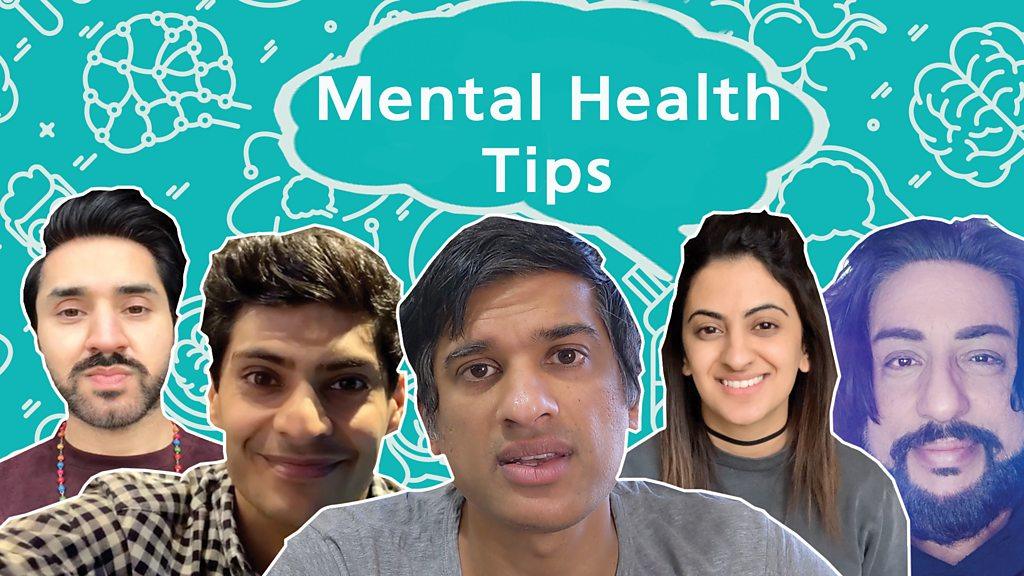The Indian variant explained in five South Asian languages
- Published
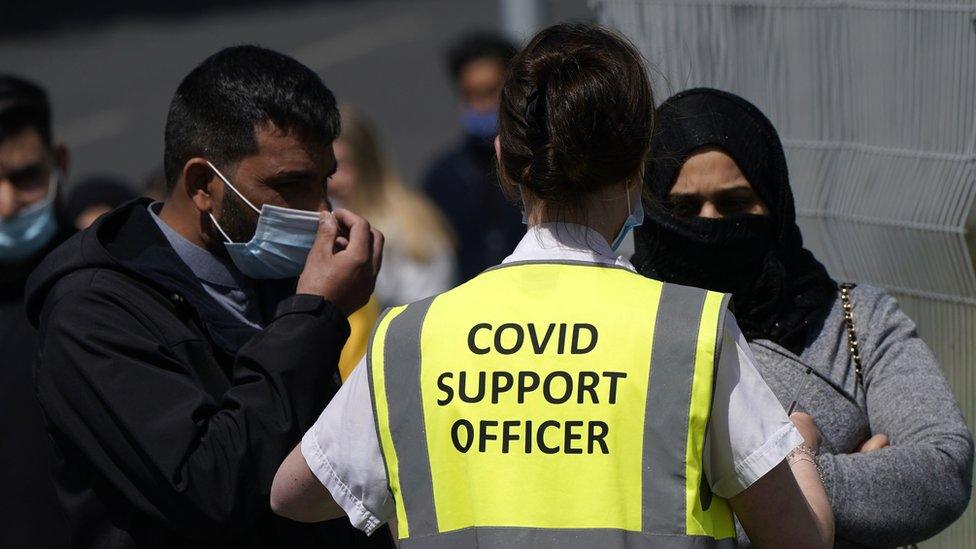
Cases of the Indian variant of coronavirus have been rising in the UK. The B.1.617.2 variant of the virus, which was first found in India last year, is thought to spread more quickly than other variants.
Prime Minister Boris Johnson says he has "increasing confidence" that the vaccines will work against all new variants, as a study conducted by Public Health England suggests both the Pfizer and AstraZeneca coronavirus vaccines are highly effective against the variant.
Areas in the UK where the Indian variant is detected have increased surge testing and accelerated vaccinations.
BBC Asian Network is helping the South Asian community to understand the emergence of this new variant in five languages: Gujarati, Punjabi, Sylheti, Tamil and Urdu.
Is the variant more dangerous? How did it emerge? Are Asians more at risk of catching it? Doctors have answered common questions about the Indian variant.
Punjabi
Dr Carter Singh explains what we know about the Indian coronavirus variant in Punjabi.
What is the Indian variant? Is it more dangerous? Dr Carter Singh explains what we know about the Indian variant in Punjabi
Sylheti
Dr Abdul Mannan explains what we know about the Indian coronavirus variant in Sylheti.
What is the Indian variant? Is it more dangerous? Dr Abdul Mannan explains what we know about the Indian variant in Sylheti
Urdu
Dr Anita Raja explains what we know about the Indian coronavirus variant in Urdu.
What is the Indian variant? Is it more dangerous? Dr Anita Raja explains what we know about the Indian variant in Urdu
Tamil
Dr Akram Mohammadu explains what we know about the Indian coronavirus variant in Tamil.
What is the Indian variant? Is it more dangerous? Dr Akram Mohammadu explains what we know about the Indian variant in Tamil
Gujarati
Salim Modan answers common questions about the Indian variant in Gujarati.
What is the Indian variant? Is it more dangerous? Dr Salim Modan explains what we know about the Indian variant in Gujarati
Related topics
- Published7 June 2021
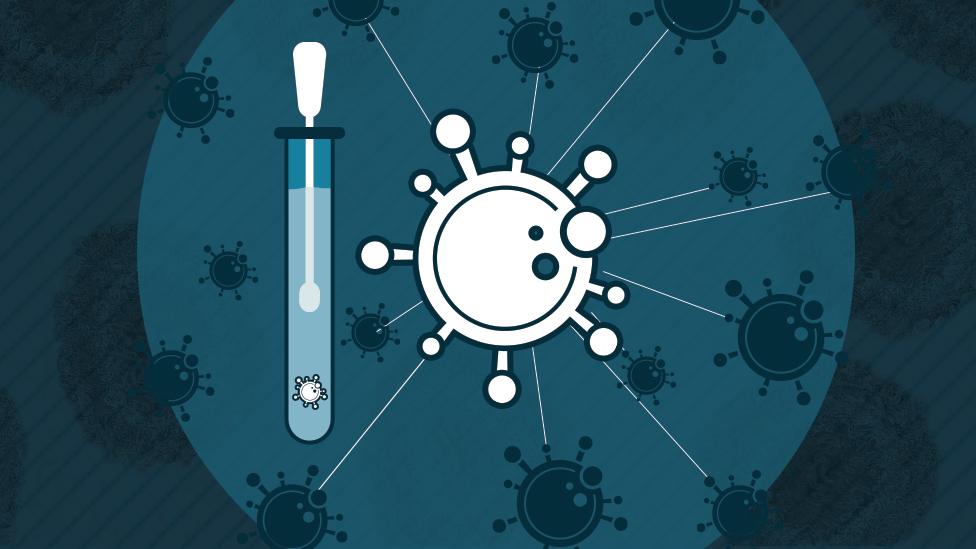
- Published19 May 2021
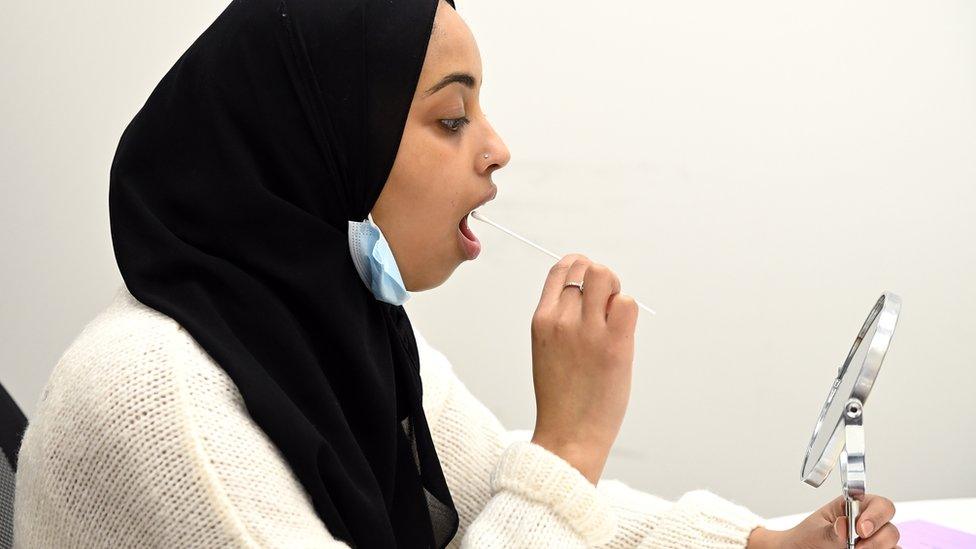
- Published7 May 2021
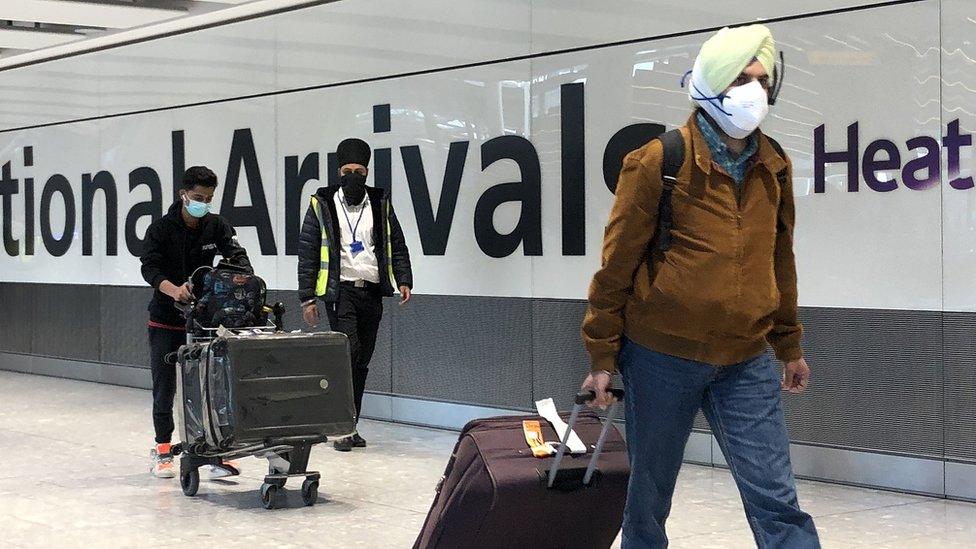
- Published22 April 2021
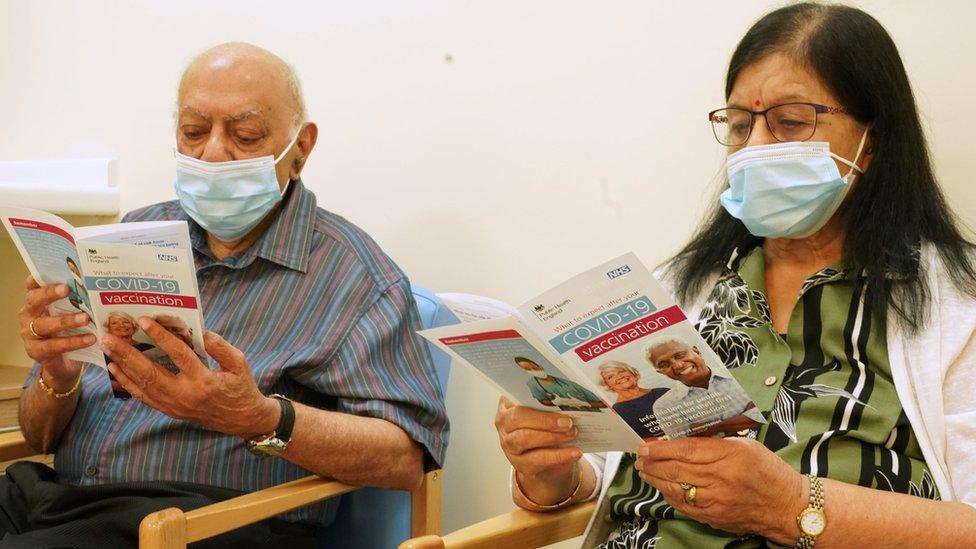
- Published11 March 2021
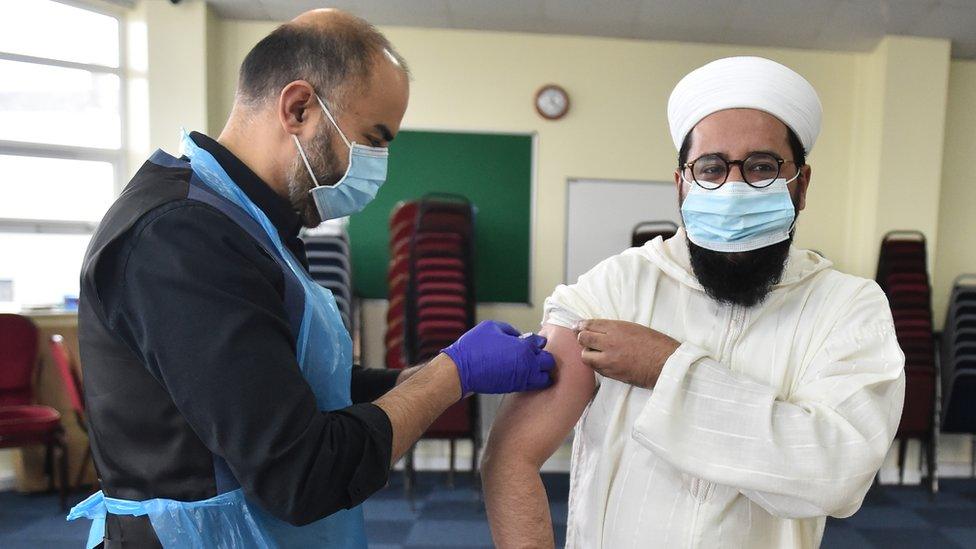
- Published25 March 2021
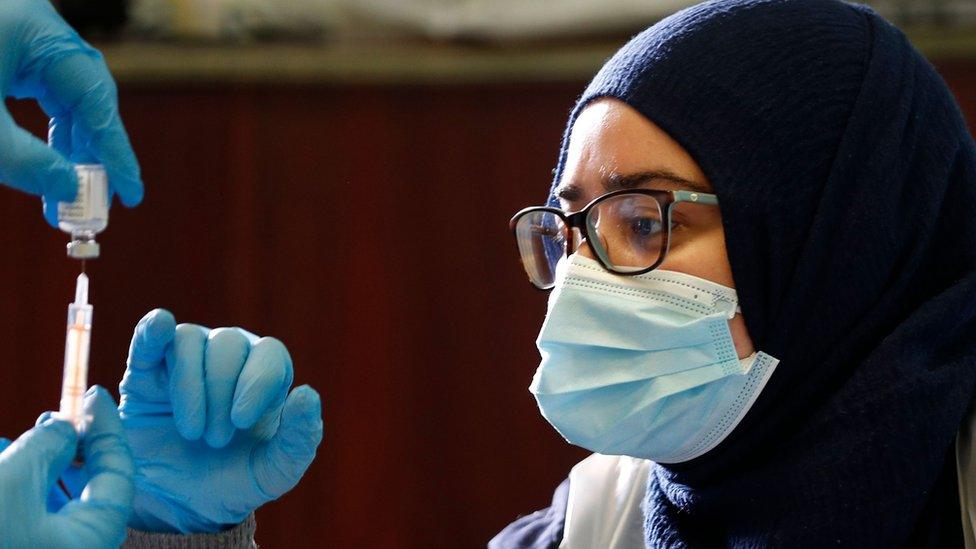
- Published19 February 2021
